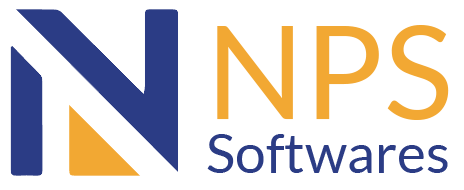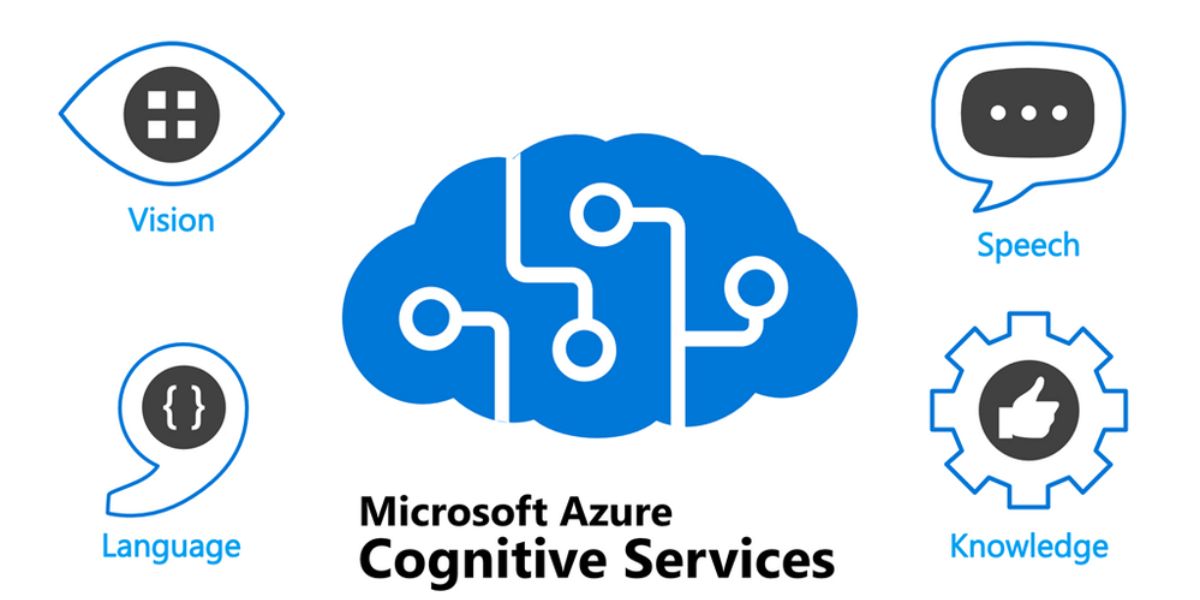Everything About Microsoft Cognitive Services: OCR, Pricing, Documentation, Logo, Sentiment Analysis
Microsoft Cognitive Services – The world of technology is continuously thirsty for machines that are more intelligent, perceptive, and can interact with us as people do. These tools and services from Microsoft Cognitive Services are meant to help the application in sensing, listening, speaking, and understanding their surroundings. This blog post involves the exciting world of Microsoft Cognitive Services which has transformed our perception and use of technology in unimaginable ways.
Visualize a situation where some of your applications can recognize objects within pictures and video, understand natural languages, or even obtain motion information from literature. It is a kind of world where tech becomes so integrated with humans that it supersedes functioning as just a tool. Indeed, this will be the future that Microsoft Cognitive Services is currently forming.
According to this approach, every developer should have access to Microsoft Cognitive Services irrespective of his expertise in Artificial Intelligence. Moreover, this enables the development of apps created with the use of AI which senses, hears, speaks comprehends, and interprets user needs – hitherto conceived exclusively for fictional purposes. The outcome? This is a transformative, immersive, and compelling user experience that spans all industries.
Read About Everything About Microsoft Cognitive Services: OCR, Pricing, Documentation, Logo, Sentiment Analysis.
Microsoft Cognitive Services: Introduction and Features
The main features associated with MSFT Cognitive Services shall now be discussed. Computer vision, which is one of its distinctive features, is its best feature. Applications are able to use compute_r vision to interpret different visual materials in many forms. They can locate items in images and video clips, put labels on them, and extract relevant data from such items. That provides various possibilities from apps for consumers to scan products and look up more information or buy online or applications in the medical field for example.
Interestingly, one of the elements of Microsoft Cognitive Services is natural language processing (NLP). The use of NLP makes it possible for apps to understand and parse human language. It is also able to transcribe text, decode text, interpret speech, and draw the meaning behind it. Such a technology entails immense potential, including Chat Bots that interact freely with users or applications offering immediate translation among speech and languages. Language processing facilitates communication by removing language barriers.
OCR, Pricing, Documentation, Logo, Sentiment Analysis: Microsoft Cognitive Services
Microsoft’s Speech Service revolutionizes how spoken words are transformed automatically into written texts. However, this is not an endpoint, as it can also change written text into naturally spoken speech. Thanks to this revolutionary technology, applications can translate speech into texts or read content for you. The result? Better user experiences than ever imagined.
The emotional intelligence abilities provided by Microsoft Cognitive Services are worth mentioning as well. Such applications are capable of detecting emotion through analyzing text in order to interpret users’ feelings while interacting with them. It can be used in customer service applications, as well as marketing tools such as gaming solutions and even mental healthcare platforms. Knowing what the users feel enable the provision of targeted response and services that are emotional and performance-oriented.
Understanding language should never be underestimated as it is a good weapon. LUIS provides applications with the ability to comprehend sentences and draw meaningful details from them as well as understand what users are requesting. It is more than just picking up the keywords, it means understanding context and intent. Using LUIS, a certain application will be able to decode user requests and respond accordingly, such as booking a restaurant, controlling smart home devices, etc.
Nevertheless, MS’s Cognitive services boast more functionalities than the few main skills. It includes text analytics and knowledge exploration among other features. Through the use of text analytics, applications can extract useful information from unorganized text to guide businesses toward making informed data-oriented decisions. However, knowledge exploration allows the user to understand a topic more fully, and this makes research, education, as well as lengthy content extremely useful.
The Microsoft Cognitive Services is a flexible kit that may be applied in several industry sectors and application areas. This makes it flexible, which in turn stimulates creativity and innovation. In this case, we turn to examples of practical application of these services for the purposes of this discussion.
Cognitive services are very helpful in the field of health care. Another example would be a radiologist who could use computer vision to easily and precisely find abnormalities in medical pictures. Moreover, imagine an intelligent healthcare aide that communicates naturally through natural language processing thus answering patient questions and providing direction. Such applications can enhance the quality of patient’s health and reduce the burden that faces healthcare providers.
In addition, Microsoft Cognitive Services may potentially be important in e-commerce. Online stores could adopt computer vision in order to offer customers visual product search options. They just need to take a photo of a thing they like and the system will search relevant products for purchase. It does not merely improve the overall user experience, but may also increase sales for businesses.
Education is about to experience a radical shift. Through the application of advanced language comprehension and speech cognition technologies, e-learning software has become interactive with language lessons. Such applications are capable of assessing and understanding students’ spoken responses as well as providing instantaneous feedback, offering a more invigorating and meaningful path through learning.
Cognitive services are beneficial also to the financial sector. Customers’ banking inquiries can be aided by chatbots that are supported by natural language understanding technology. Banks are increasingly adopting emotional detection technology in gauging the customers’ feelings so as to provide customized services with improved satisfaction levels for customers.
Nowadays, cognitive services help people with disabilities in accessibility. Speech-to-text and text-to-speech now facilitate the accessibility of content and information. This shows the great possibilities that such services have for improving lives.
Cognitive services also have wide applications in business intelligence. Through text analysis, companies will be able to understand their customers’ needs by analyzing customer feedback, information in social media, and others. It enables decision-making as well as the formulation of useful strategies.
Moreover, cognitive services are also very useful in enhancing the security and law enforcement sector due to their ability to examine pictorial and video-based information. These technologies are able to detect and identify objects or faces even in crowded areas and thus improve security operations and aid in solving crimes.
Cognitive services are important for data scientists and other players in our data-driven world. Such services are capable of mining information out of huge arrays of data, performing sentiment analysis, and revealing unknown correlations. Hence, this improves the precision and worth of predictive analytics.
The result of it affects every part of our life, including health, education, commerce, as well as accessibility. They form the basis of applications that, besides their convenience, give more meaning to our everyday lives.
Developers of all skill levels have a special chance at this thanks to Microsoft Cognitive Services. It should be noted that even beginners as well as experienced developers can get a chance at the innovative creation of smart applications. This approach’s beauty lies in the fact that now everything comes not necessarily to experts but to developing creativity in everyone.
These services are empowering but at the same time, one should consider the ethical side of the coin and privacy issues related to data. Microsoft emphasizes responsible AI development with a focus on transparency, fairness, and accountability. They enforce strong security for data, and they work with the developer community, ensuring that the resources are used ethically and in a responsible manner.
Technology especially AI and machine learning are definitely related to its future. This is what Microsoft Cognitive Services brings about by promising a bright future and revolutionary change-overs. In this future, technology is capable of listening, understanding, and engaging, thus, almost at a personal level. It helps revolutionize industries and offers great accessibility. They offer endless possibilities always breaking new ground.
To sum up, Microsoft Cognitive Services represents the endless potential of artificial intelligence and machine learning. Thus, developers are empowered to come up with apps endowed with powers that were thought of to be mere science fiction – seeing, hearing, talking, and understanding. These services have started changing industry sectors, making them accessible as well as giving us some vision of how we will get on with our communication with technology in the near future
READ ALSO: Best Explanation Power App Deep Linking

